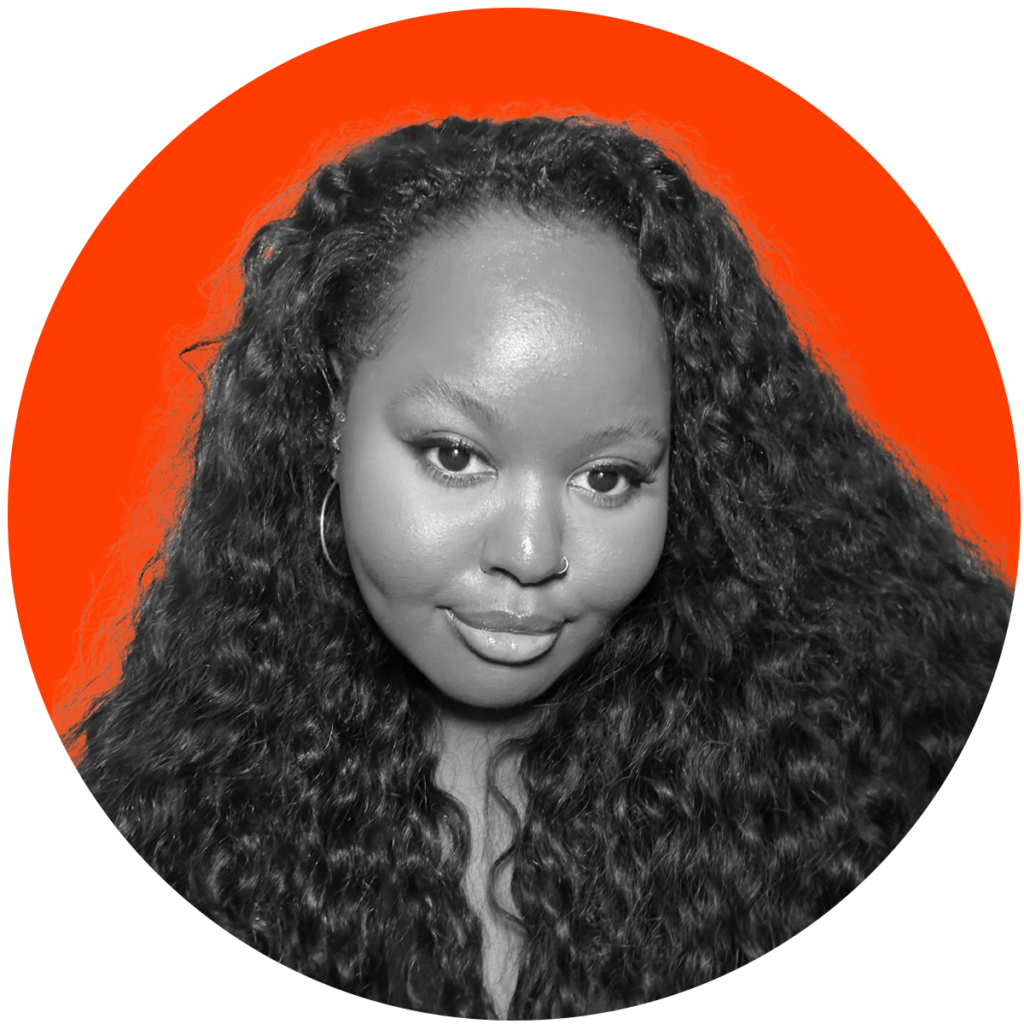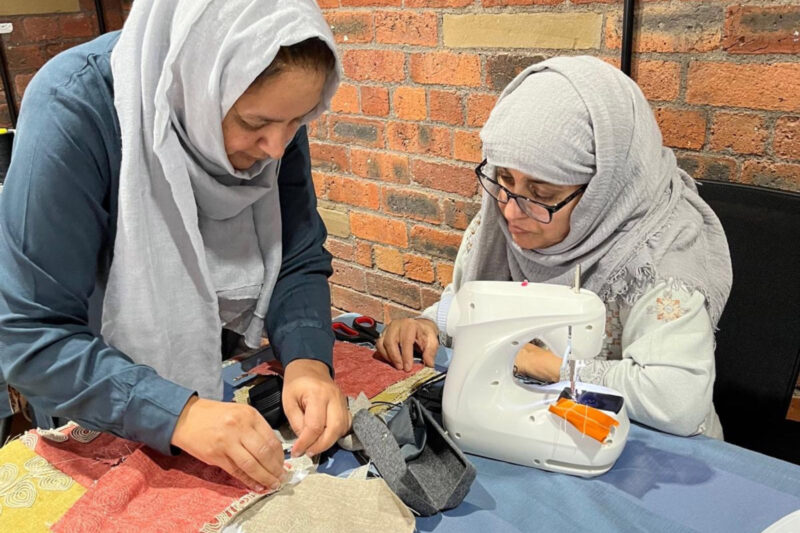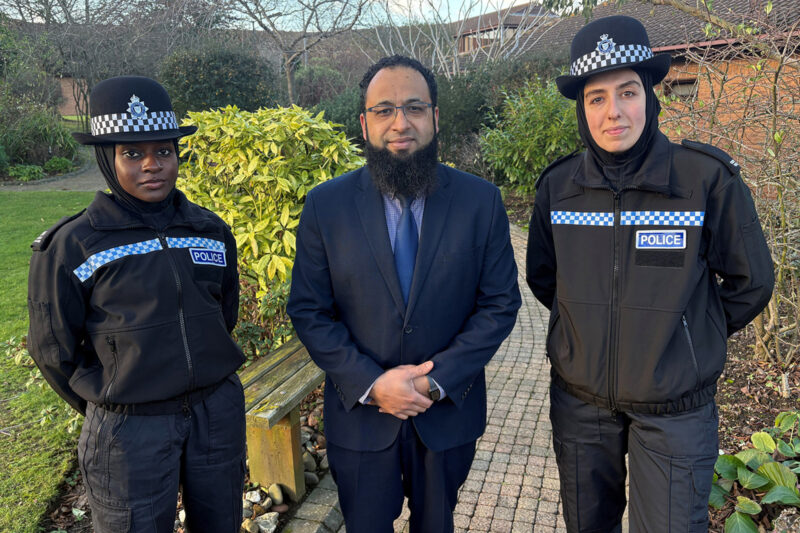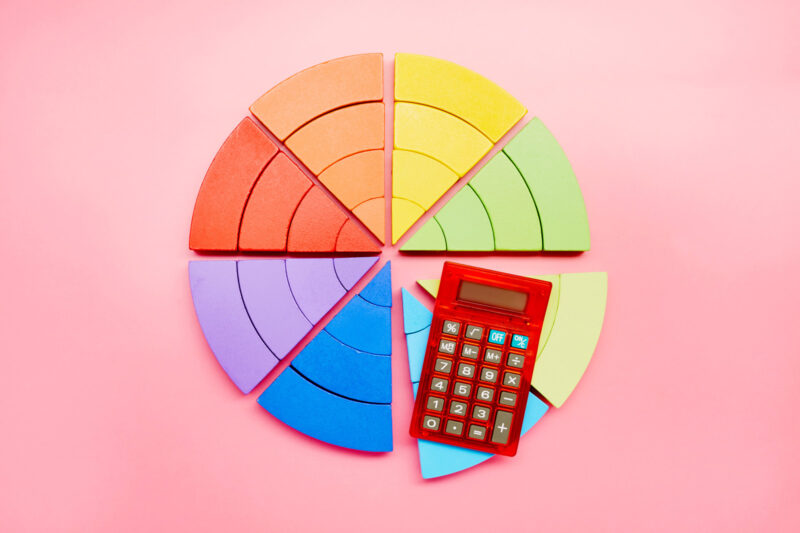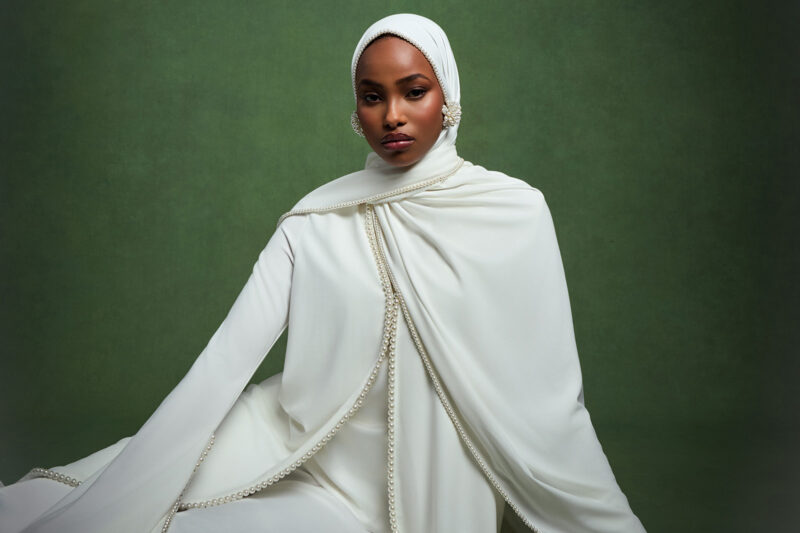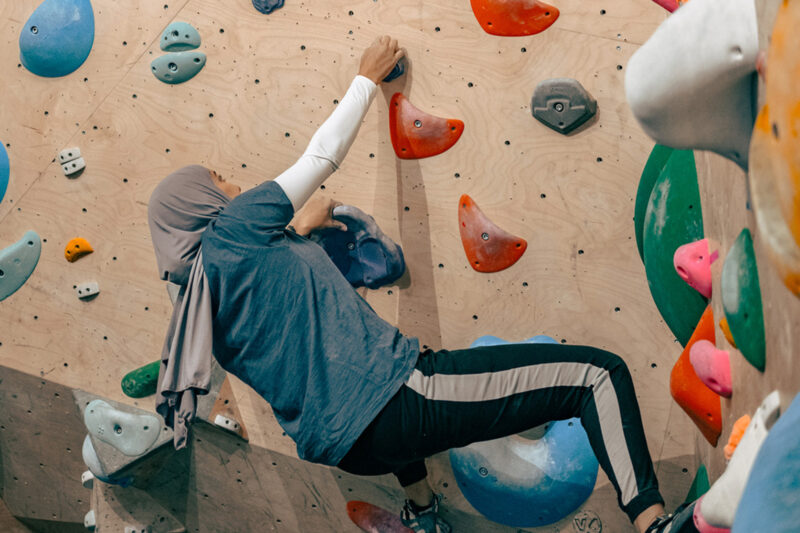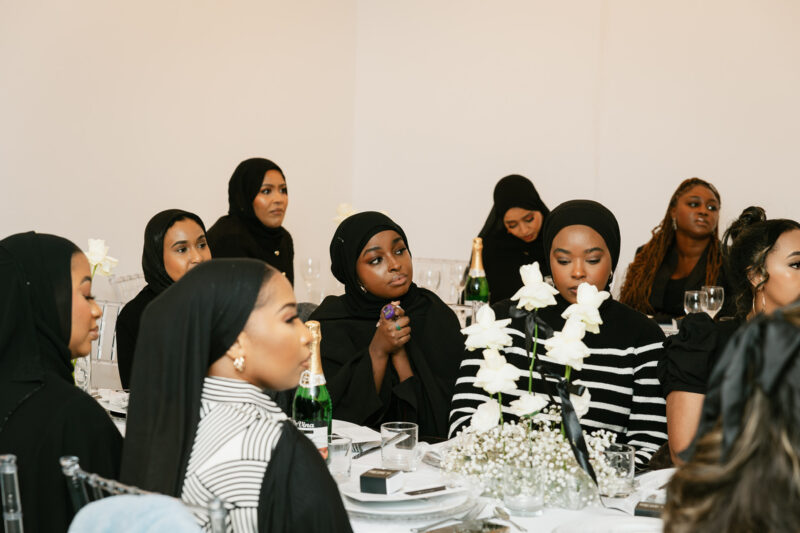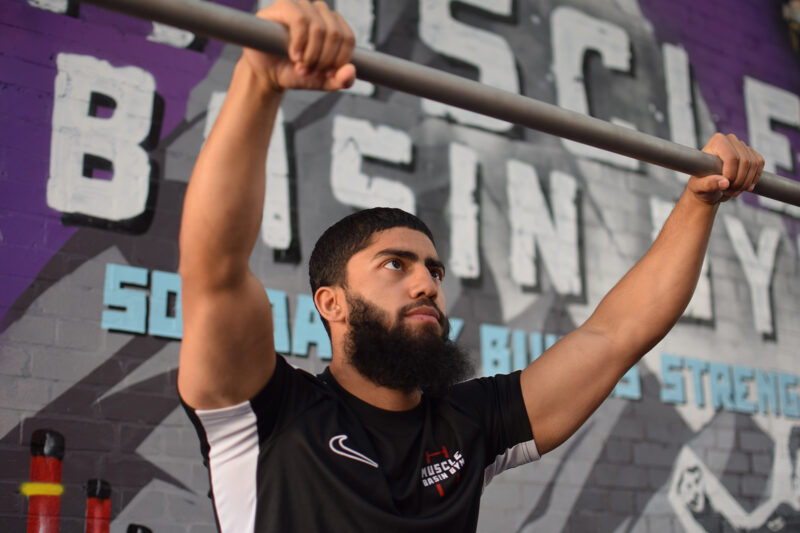‘More than just running’: the group offering women a path to mental wellbeing
Grassroots groups such as Leicester-based Sisters4Islam create a safe space to tackle loneliness in the Muslim community
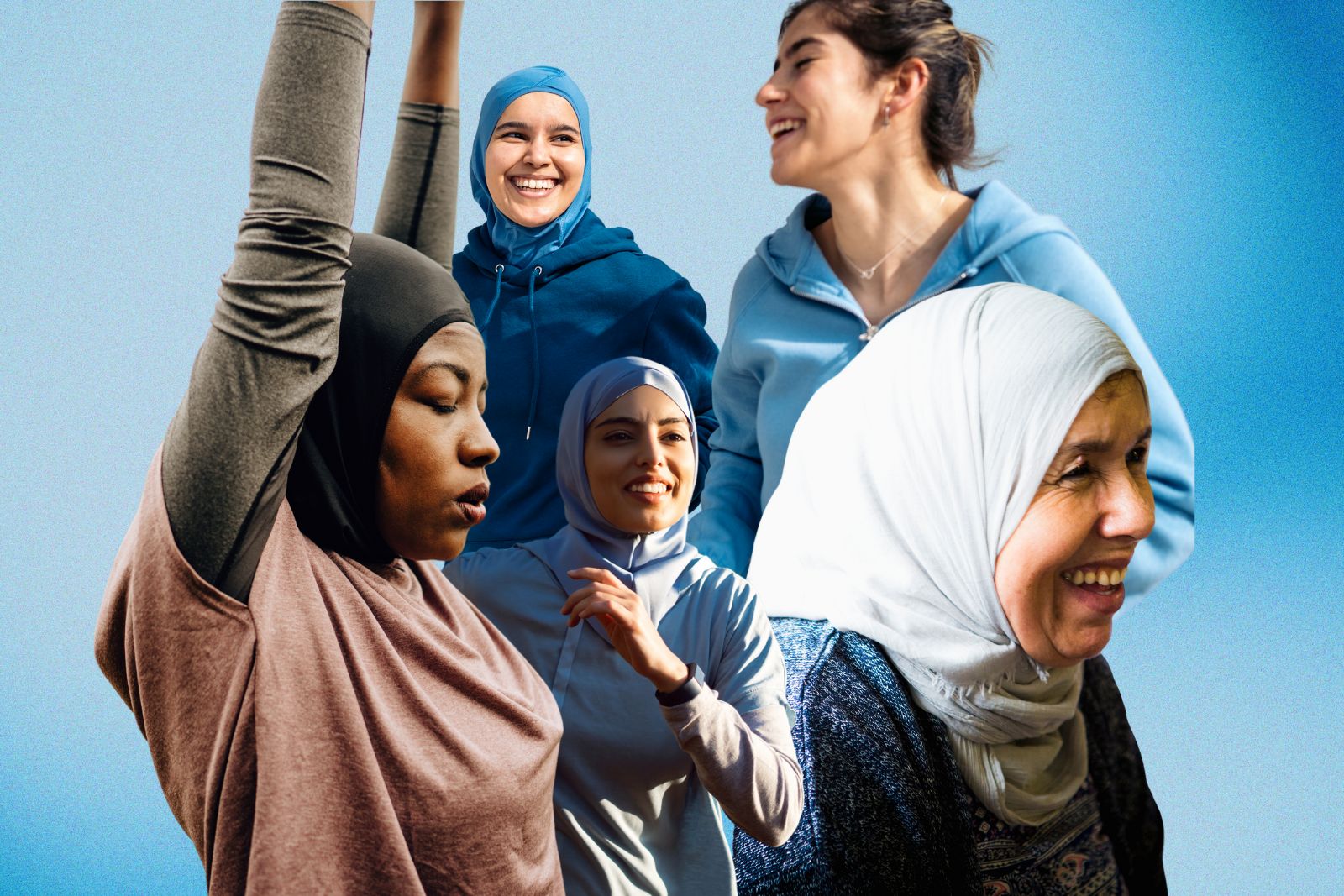
The morning sun filters through the trees in a Leicester park where a dozen women jog to a stop. They form a loose circle around Ayesha Acharya, who leads them through stretches.
To a passerby, it’s just another fitness group. But for many of these women, this weekly ritual is a rare moment of connection.
Acharya leads health and wellbeing at Sisters4Islam, a grassroots group tackling loneliness and isolation among Muslim women in Leicester — home to one of the UK’s largest Muslim populations.
Many of the women she supports juggle caring responsibilities and cultural stigma around mental health, and do not speak English as a first language — factors that can make something as simple as joining a running group or other community projects feel out of reach.
They are far from alone. Loneliness is now considered a major global health threat by the World Health Organization, with health risks comparable to smoking up to 15 cigarettes a day. A 2024 report by the thinktank Equi identified specific triggers for loneliness in Muslim communities in the UK, including deprivation, geographical isolation and discrimination.
Loneliness can create “increased stress and deteriorating mental health”, the report notes, and can lead to stress-related illnesses, raising the risk of developing Alzheimer’s disease. Despite this, “loneliness is often undervalued compared to other mental health issues”.
For Acharya, this work is personal. “I’ve suffered myself with a lot of anxiety and loneliness. I’m a survivor of honour-based violence, and I live with a lot of trauma. I’ve learned to manage those things, and I just want to be able to help other women.”
When Acharya took up running seven years ago to help with her mental health, she saw it as an opportunity to support other women like her. “I never imagined I’d ever be able to run,” she says. “But Sisters4Islam really helped me and supported me, and I just wanted a way of giving back.”
Acharya, 56, has since delivered five Couch to 5K programmes — training plans designed to help beginners run 5km — with the organisation as a volunteer, and has run a total of 100km to raise awareness of the need for better mental health support.
“An empowered woman empowers other women. There are many women who are suffering in silence and it’s important that people talk,” she says.
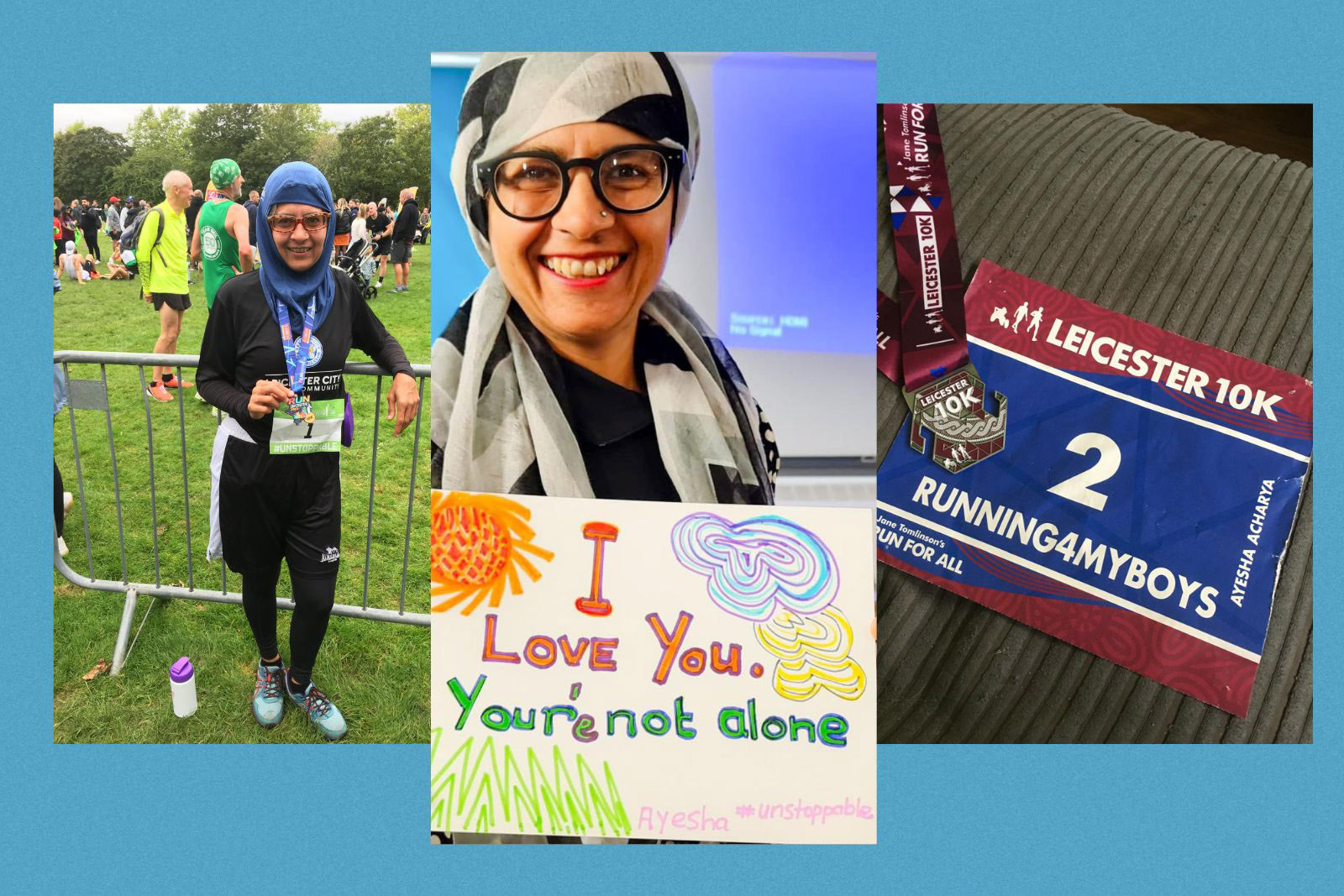
That belief is at the heart of Sisters4Islam. What began as coffee mornings in 2009, offering women a safe space to talk and connect, expanded to day trips, summer schemes for children, pamper evenings, and now, a nine-week running programme which has supported around 70 people so far. Participants commit to exercising three times a week — once as a group with Acharya, and twice either alone or with friends.
For many of the women who show up week after week, the programme has become about more than just running. “It’s a way of coping if you have any health conditions, whether physical or mental,” Acharya says.
One woman, who asked to remain anonymous, says the sessions have helped her begin to process years of depression and emotional abuse in her marriage.
“I’m not someone who normally talks about my issues,” she says. “But on the programme, sometimes Ayesha noticed there was something wrong when I didn’t have energy. She could see that it wasn’t physical — that it could be something mental.”
Having that space, not just to move, but to be noticed, became a turning point for her. “Before speaking to Ayesha, I didn’t know the words for what I’m experiencing. I was always blaming myself,” she says.
Allia Amjad, a cancer survivor who started running with Sisters4Islam in 2023 after going into remission, says things were “awful” for her before she got involved with the group. “When I was having active treatment, I couldn’t even get up to go for a walk. It was so difficult for me.”
Exercising with Acharya inspired her to build her own network, the At-Taqwa Cancer Support Group — a supportive space for women who had been impacted by cancer, for which she was nominated for a 2024 British Muslim Award.
“There’s also still so much stigma around mental health and it’s not taken so seriously. It’s so necessary to have a space or to be around people who understand,” Amjad says.
According to the Centre for Mental Health, Muslims face some of the greatest mental health inequalities but encounter major barriers to accessing help. In its 2023 research, the organisation highlighted a need for the NHS to work closely with community groups to implement more faith and culturally informed mental health support.
Findings from Equi back this up. In its 2024 report, researchers said that many Muslims cope with feelings of isolation through a connection “to the divine”, that Islamic faith encourages strong community ties and, in some cases, faith-based support sessions were more effective than standard secular mental health support sessions offered in mainstream services.
“If I didn’t have my faith, I would not be sitting here today,” Acharya says. “I love my ladies. We learn from each other and we all give each other strength and inspire each other.”
 Newsletter
Newsletter

